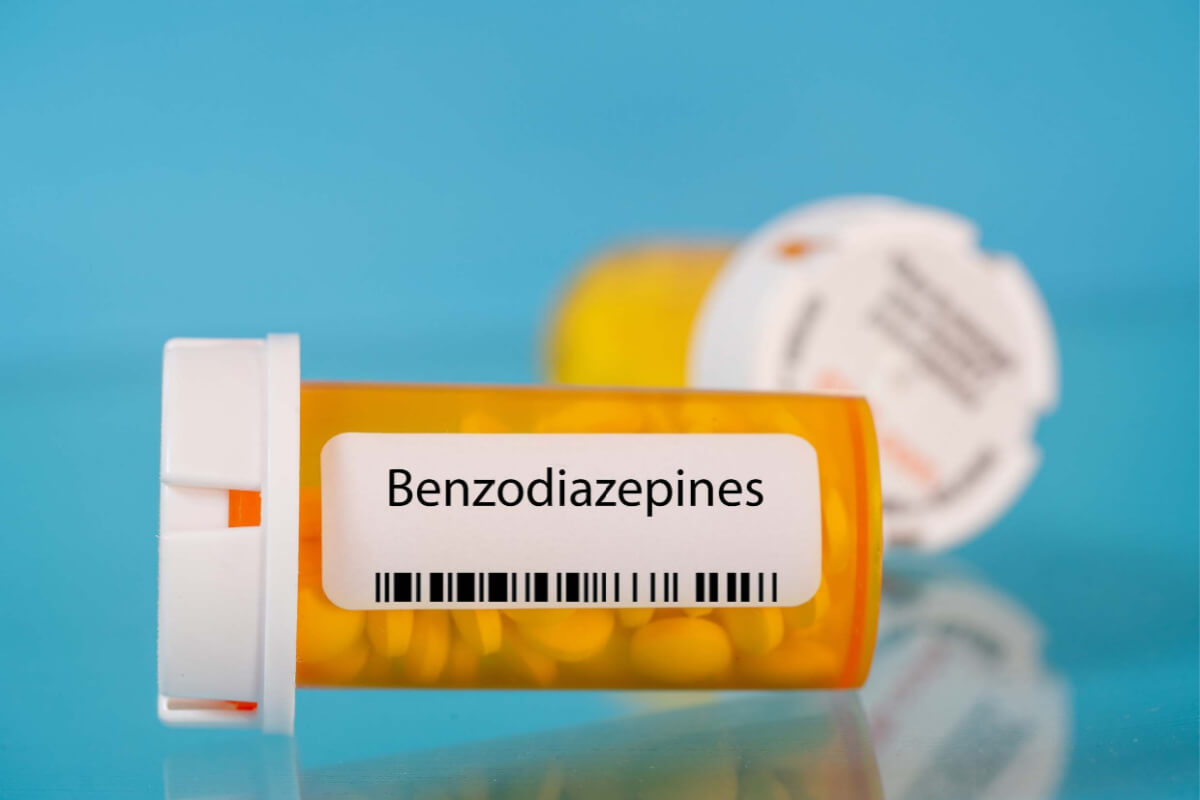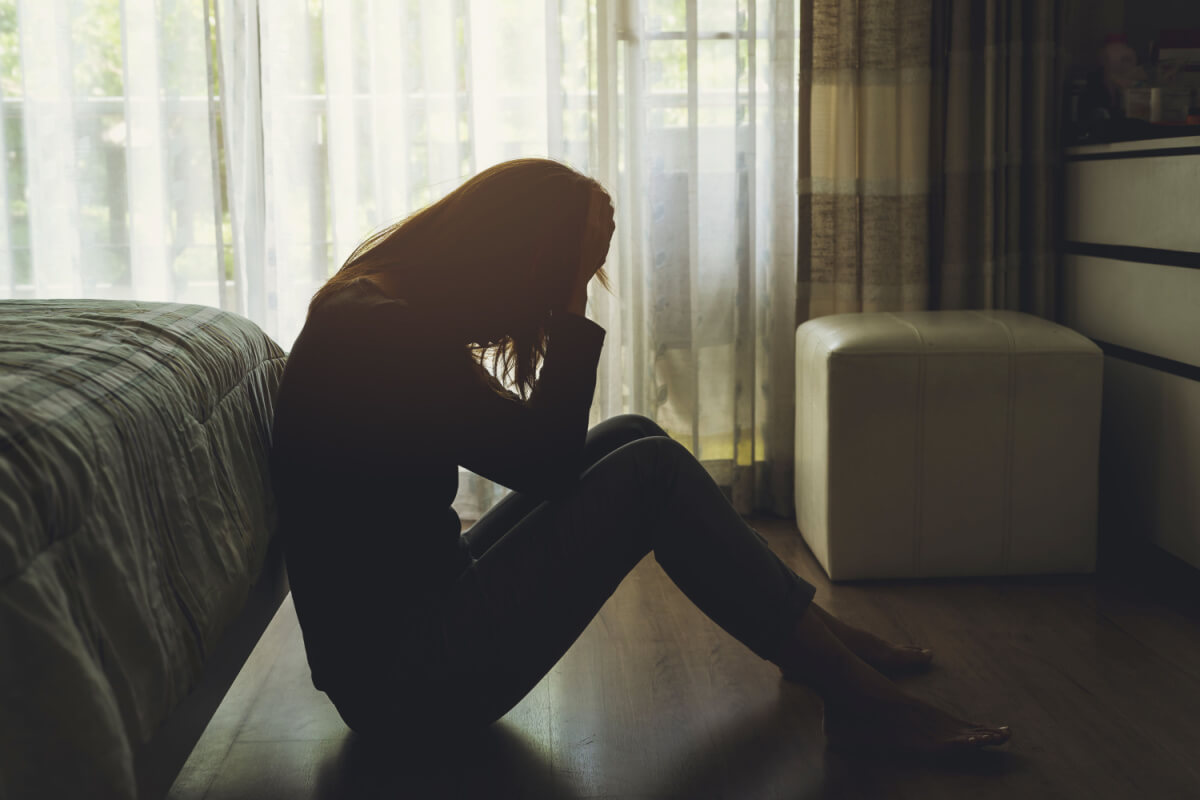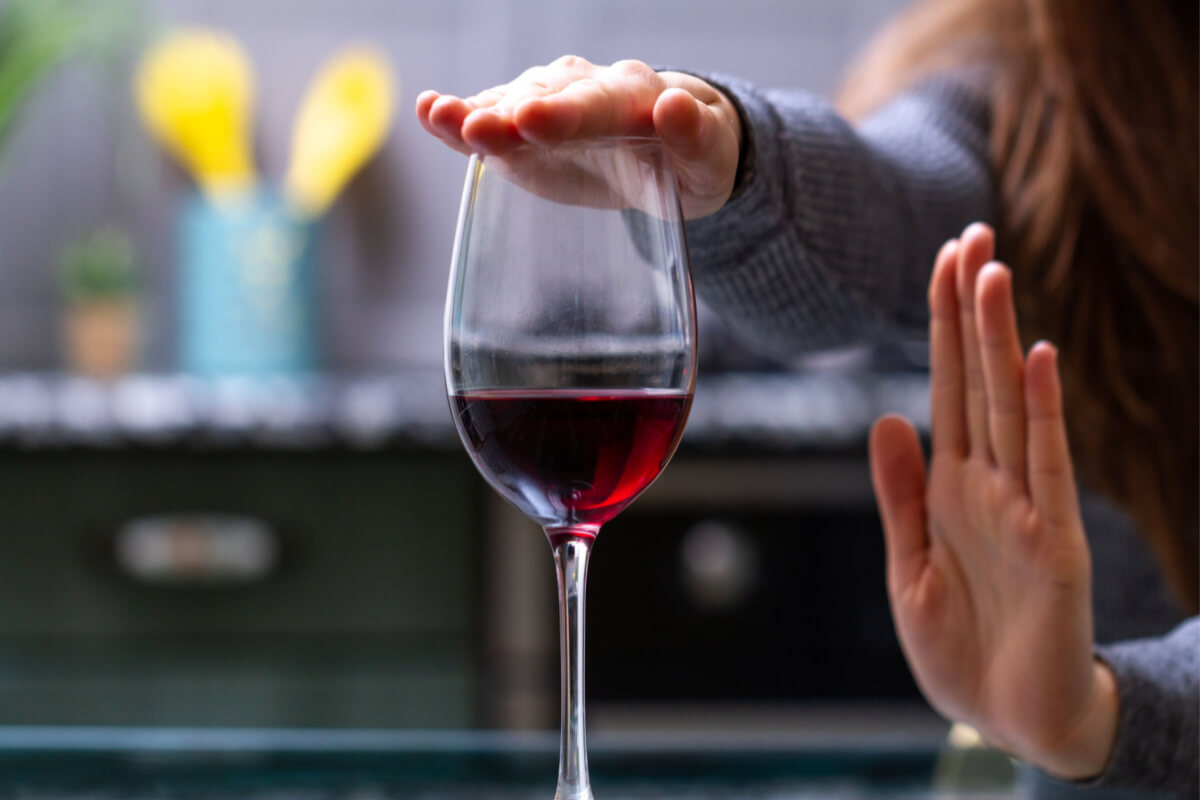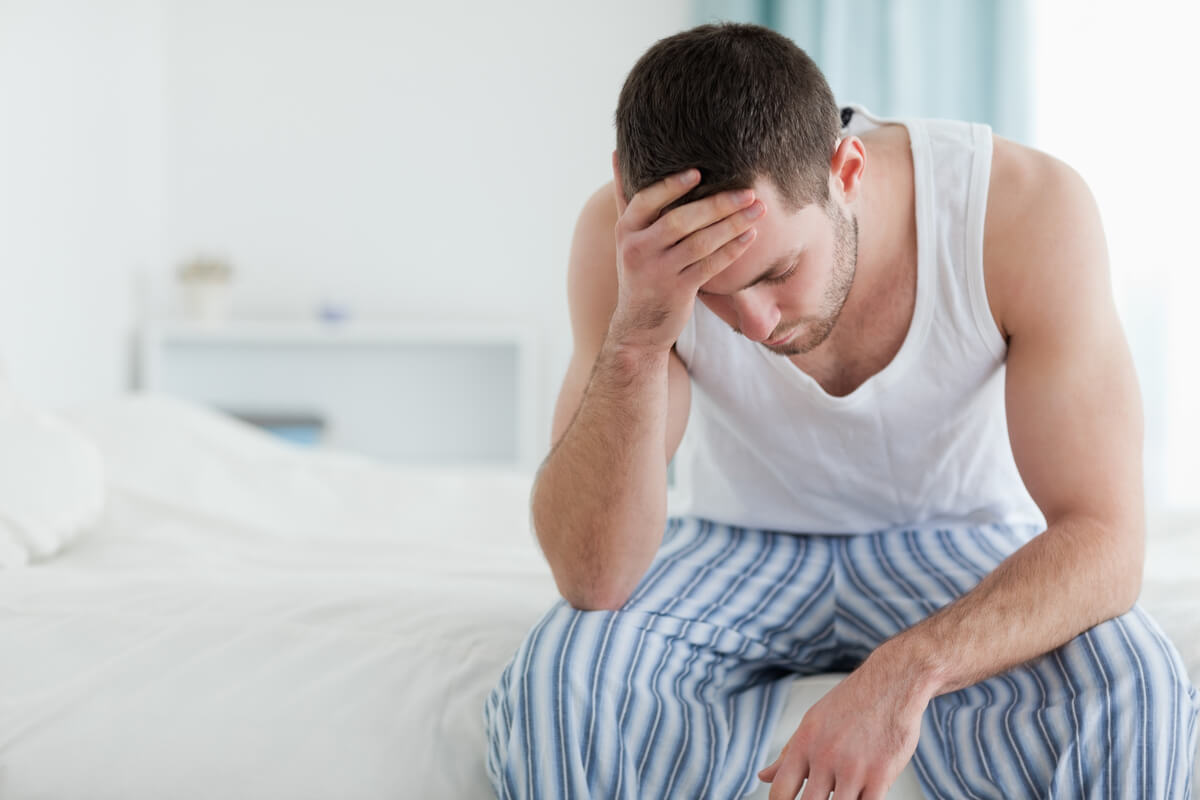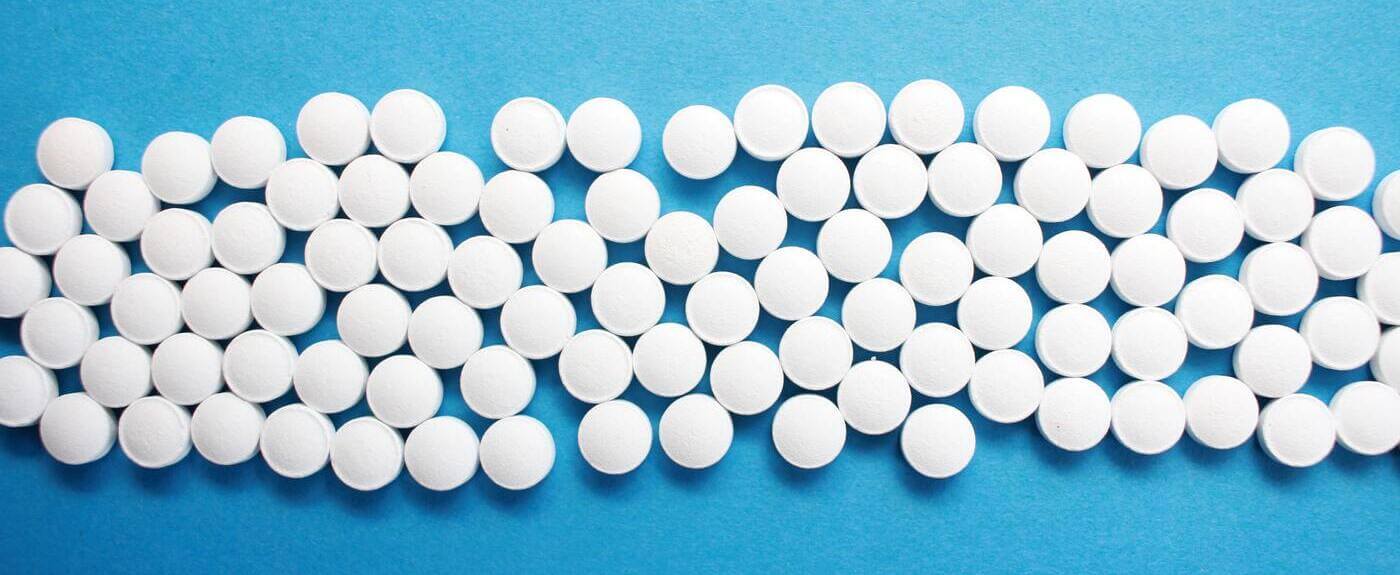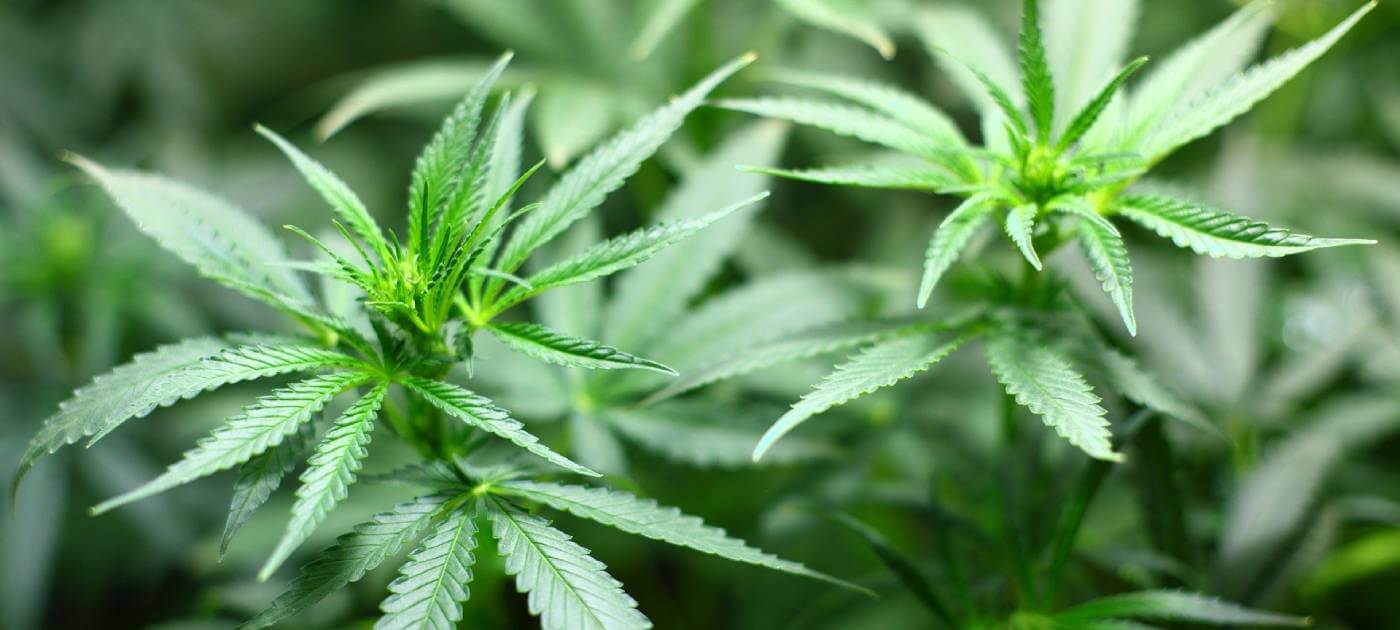
Research seems to show marijuana use cannot treat opioid use disorder (OUD) despite some people trying to use it for this purpose. The ideal treatment for OUD is usually a combination of medication-assisted treatment (MAT), like the use of methadone or Suboxone, and talk therapy.
What Is OUD?
Opioid use disorder is a chronic substance use disorder. It is also referred to as opioid addiction, [1] although more professionals are moving away from using the word addiction and trying to use “use disorder” instead.
OUD is characterized by a psychological dependence on opioids, where a person regularly takes more opioids or takes opioids over a longer period of time than intended, is unable to control their opioid use, and regularly experiences the negative consequences of opioid use and/or engages in harmful behaviors related to opioids.
People who have OUD often understand the consequences of their continued drug use on a logical level, experiencing how their drug use affects their physical and mental health and may damage important relationships in their lives. OUD can also greatly impact a person’s ability to fulfill important responsibilities, such as going to work and school.
Despite this, a person with OUD will generally struggle to stop their drug use on their own. They may need to seek professional help. [1]
Marijuana as a Treatment
The idea that marijuana may help treat OUD has been proposed by some experts, with several journals publishing research on the subject. Broadly, this research has shown that there is a need for further research on potential therapeutic uses of certain aspects of cannabis or cannabinoids to treat OUD, but the overall evidence that marijuana can help treat OUD remains weak. One paper published in 2021 concluded that doctors should not depict cannabis and cannabinoids as evidence-based treatments for opioid use disorder.[2]
Another 2021 paper exploring whether past-month cannabis use resulted in more or less opioid use during addiction treatment found no association between a person’s use of marijuana and better results from their OUD treatment. It also noted that 75% of cannabis users perceived no improvement in their OUD with concurrent cannabinoid use. [3]
Marijuana Legislation & Policies
While marijuana was once a highly vilified drug, mostly relating more to politics than drug science, marijuana regulations have slowly relaxed over the past few decades. Marijuana is decriminalized at a federal level, and many states have now approved the legal sale of marijuana.[4]
Marijuana’s potential for medical uses has become even more widely accepted. Several states allow it to be prescribed for medicinal purposes even if it cannot be purchased for recreational use.
Broadly, the medical community has viewed this as a positive change. Historically, marijuana criminalization meant its illegal use and sale carried harsh penalties (which remains true in many areas where it is still illegal) disproportionate to its actual harm. These penalties often carried no demonstrable benefit in terms of reducing drug use or recidivism.
Marijuana’s Medical Benefits
Because Marijuana has been illegal for so many decades, it has been under-researched. We therefore do not know as much as we probably should about its medical benefits or harms. We do know that Marijuana has been shown to improve certain medical conditions including particular seizures disorders. In has also shown success in treating malignancy-related cancer pain and nausea. However, it has not been approved by the FDA for use in OUD treatment, and it is unlikely to be approved for such use at this time or in the future. The research simply doesn’t support its use for this purpose.
That being said, some people can and do use Marijuana as a substitution for opioids, particularly patients using opioids in part for chronic pain. Some people do report improvement in their pain or their withdrawal symptoms with the use of marijuana. Further research is needed in this area.
Why Do People Turn to Marijuana for OUD?
Marijuana also has mind altering properties just like opioids. Marijuana can help with anxiety, which is a symptom prominent during OUD withdrawal. also produces a calming high and can reduce pain, sharing some similarities to opioids. Some people also report that it improves the nausea or GI symptoms that they experience with opioid withdrawal, although this hasn’t been proven with research.
While some people may use marijuana adjunctively for OUD, evidence shows that the best and most effective treatments for OUD are still medication-assisted treatment (MAT) and behavioral interventions. People experience much better success in recovery from OUD when they work with a qualified treatment professional.
Getting Help for OUD: What Is the Best Treatment Path?
While addiction treatment should be customized to an individual’s needs, the standard approach to treating OUD is a combination of MAT and counseling/therapy. The medications typically used to treat OUD include methadone and a drug that combines buprenorphine and naloxone (Suboxone).
While medication can be key to recovery from OUD, therapy is the second and equally important cornerstone of treatment. One first-line therapy for addiction treatment is cognitive behavioral therapy (CBT).[6]
CBT involves talking to a treatment professional to better understand why you think and behave the way you do about drug use. The individual identifies the kinds of thought patterns and behaviors that lead to drug use, and then, by changing the thoughts and behaviors, is able to discontinue drug use.
Addiction treatment works best as an ongoing, long-term process, but it can evolve as you remain drug-free for longer and begin to have more control over your relationship to drugs. At first, intensive therapy involves serious work to change the way you think and behave. This may also involve the use of MAT medications. Over time, addiction treatment tends to lessen in intensity, with a focus on maintaining your progress and sobriety [7]
While marijuana may be relatively safe and may anecdotally help some people to replace their opioids, it is not at this time considered a first line evidence based treatment for OUD. If you are seeking evidence based treatments for OUD, consider MAT, and reach out to a substance use professional today.

By Elena Hill, MD, MPH
Elena Hill, MD; MPH received her MD and Masters of Public Health degrees at Tufts Medical School and completed her family medicine residency at Boston Medical Center. She is currently an attending physician at Bronxcare Health Systems in the Bronx, NY where ... Read More
- Opioid Use Disorder. American Psychiatric Association. https://psychiatry.org/patients-families/opioid-use-disorder. December 2022. Accessed January 2023.
- Cannabinoids for the Treatment of Opioid Use Disorder: Where Is the Evidence? Journal of Addiction Medicine. https://pubmed.ncbi.nlm.nih.gov/32909980/. April 2021. Accessed January 2023.
- The Association Between Cannabis Use and Outcome in Pharmacological Treatment for Opioid Use Disorder. Harm Reduction Journal. https://harmreductionjournal.biomedcentral.com/articles/10.1186/s12954-021-00468-6. February 2021. Accessed January 2023.
- Where Is Marijuana Legal? A Guide to Marijuana Legalization. U.S. News & World Report. https://www.usnews.com/news/best-states/articles/where-is-marijuana-legal-a-guide-to-marijuana-legalization. December 2022. Accessed January 2023.
- Medication-Assisted Treatment (MAT). Substance Abuse and Mental Health Services Administration. https://www.samhsa.gov/medication-assisted-treatment. January 2023. Accessed January 2023.
- Cognitive-Behavioral Therapy for Substance Use Disorders. Psychiatric Clinics of North America. https://www.ncbi.nlm.nih.gov/pmc/articles/PMC2897895/. September 2010. Accessed January 2023.
Download Our Free Program Guide
Learn about our program, its effectiveness and what to expect
Related articles
Imagine what’s possible on the other side of opioid use disorder.
Our science-backed approach boasts 95% of patients reporting no withdrawal symptoms at 7 days. We can help you achieve easier days and a happier future.

